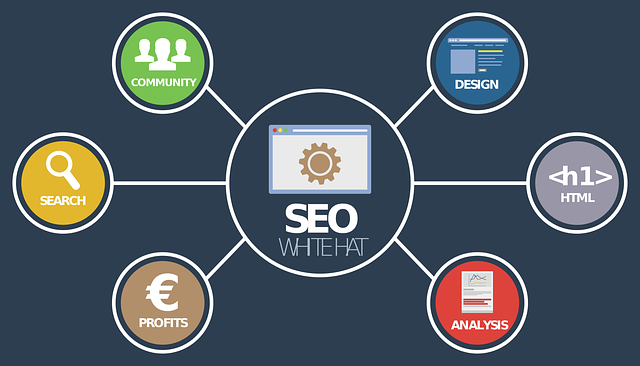In today's digital era, Artificial Intelligence (AI) is revolutionizing commercial real estate (CRE) through advanced tools for AI strategic acquisition target identification. By analyzing vast data from market trends and property performance, AI enables developers and investors to make informed decisions about emerging markets and high-return investments. This data-driven approach enhances efficiency, predicts future demands, and optimizes construction processes, promising a more successful and sustainable real estate industry.
The integration of Artificial Intelligence (AI) is transforming commercial real estate, unlocking unprecedented potential in strategic planning. This article explores the revolutionary impact of AI across three key areas: from identifying optimal acquisition targets through advanced data analytics, to enhancing construction efficiency with smart building technologies. By leveraging AI’s capabilities, investors and developers can navigate complex markets, make informed decisions, and drive successful projects. Discover how AI-driven insights are redefining the landscape of commercial real estate development.
- Unlocking Commercial Real Estate Potential: The Power of AI in Strategic Planning
- AI-Driven Acquisition Target Identification: A New Paradigm for Investors
- Smart Construction with AI: Enhancing Efficiency and Building Success
Unlocking Commercial Real Estate Potential: The Power of AI in Strategic Planning

In today’s digital era, Artificial Intelligence (AI) is revolutionizing the commercial real estate industry, offering unprecedented opportunities to unlock properties’ full potential through strategic planning. By leveraging AI algorithms and machine learning capabilities, developers and investors can now make more informed decisions when it comes to strategic acquisition target identification. These advanced tools analyze vast amounts of data, from market trends and demographic information to property values and occupancy rates, enabling a deeper understanding of the real estate landscape.
AI’s ability to process complex data allows for precise predictions about emerging markets, ideal locations for development, and potential high-return investment opportunities. This strategic planning aspect ensures that commercial projects are not just built but thoughtfully positioned to cater to market demands. As AI continues to evolve, its role in shaping the future of real estate construction planning will be indispensable, fostering a more efficient, data-driven, and successful industry.
AI-Driven Acquisition Target Identification: A New Paradigm for Investors

The integration of AI in commercial real estate (CRE) is transforming traditional strategies for investment and construction planning. One of the most significant advancements is its ability to revolutionize AI strategic acquisition target identification. By leveraging machine learning algorithms, investors can now analyze vast datasets encompassing market trends, demographic shifts, and property performance to pinpoint optimal locations and asset types for acquisition. This data-driven approach enables more informed decisions and helps identify undervalued or emerging markets with high growth potential.
Furthermore, AI enhances the accuracy of predictive analytics, allowing developers to anticipate future demands, design smart buildings, and optimize construction processes. This paradigm shift promises to streamline the entire lifecycle of real estate development, from site selection to post-construction management, ultimately driving efficiency, sustainability, and higher returns for investors.
Smart Construction with AI: Enhancing Efficiency and Building Success

In the realm of commercial real estate, smart construction planning powered by AI is revolutionizing the way buildings are designed and constructed. By leveraging advanced algorithms and machine learning capabilities, AI strategic acquisition target identification becomes more precise and efficient. This technology enables developers to analyze vast datasets—from property prices and market trends to historical construction data and environmental factors—to pinpoint optimal locations for new projects. With AI, every aspect of the building process is optimized, from material sourcing to labor allocation, ensuring cost-effectiveness and minimizing delays.
Furthermore, AI enhances building success by predicting potential issues before they arise. Through predictive analytics, it identifies risks such as supply chain disruptions, weather delays, or structural weaknesses, allowing for proactive measures. This ensures that construction stays on track, meeting deadlines and budget constraints. Ultimately, smart construction with AI fosters a more sustainable, efficient, and profitable real estate development landscape.
Artificial intelligence (AI) is transforming the commercial real estate industry, offering unprecedented opportunities in strategic planning, investment, and construction. By leveraging AI for strategic acquisition target identification, investors can make data-driven decisions, uncover hidden opportunities, and navigate complex markets with greater precision. Furthermore, AI-powered smart construction enables enhanced efficiency, reduced costs, and improved project outcomes. As the technology continues to evolve, embracing AI in commercial real estate will be a key differentiator for successful development and investment strategies.
